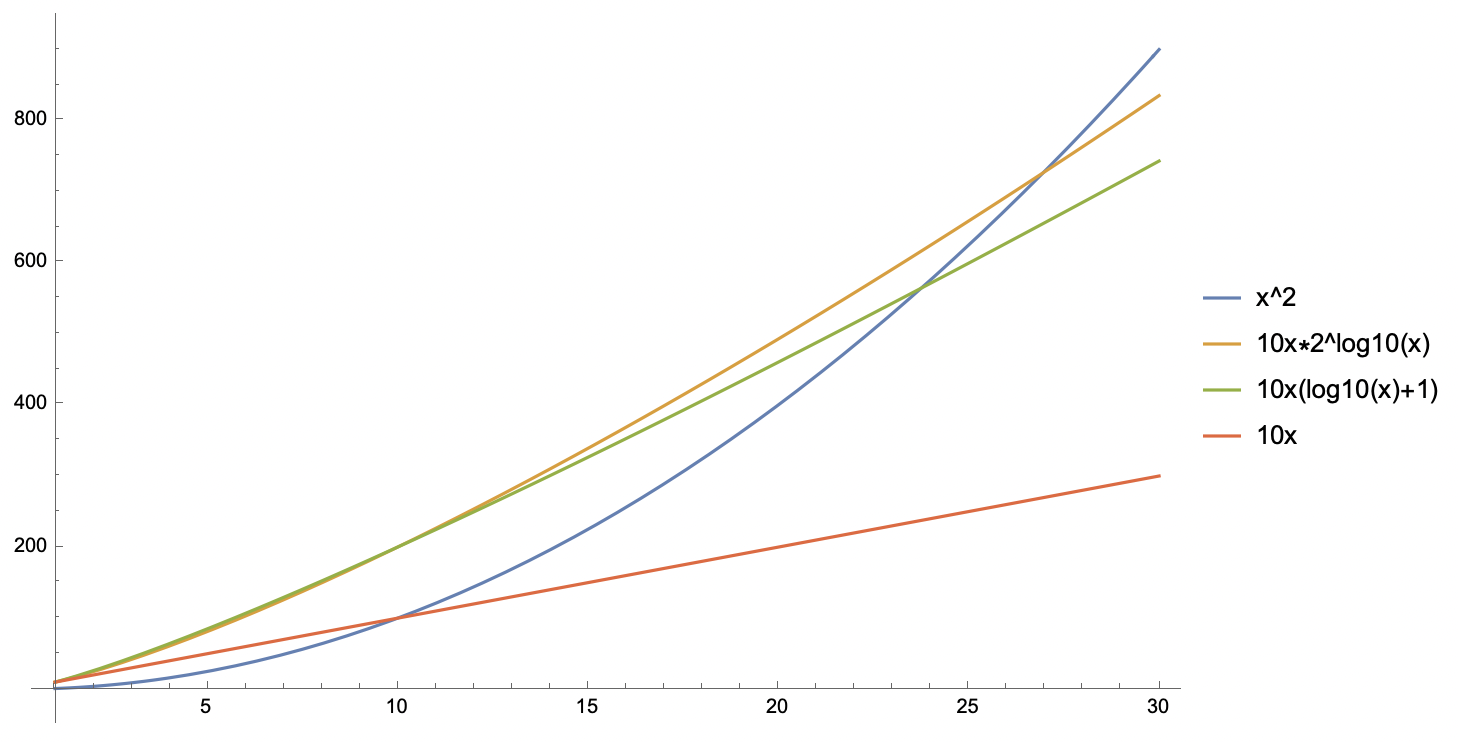It's looking like we're not going to get tips back. But how about anti-tips? Manifold's comment section is currently pretty pleasent, but we do have some people who will spam advertise their markets, post insults, or engage in other unwanted behavior.
To disincentivize this behavior, Manifold could impliment anti-tips; small fines inflicted by users on each other for bad comments. For example, if I think someone's comment is bad, I would be able to pay M$5 of my own mana to cost them M$5 as well, punishing their comment. This would be displayed on the comment as a negative score.
A cost on the person inflicing the fine is necessary in order to ensure the power is not abused. The cost doesn't necessarily need to be equal among both parties, and in fact perhaps it shouldn't be. To prevent whales from having undue say, maybe the cost of anti-tips is evaluated in fractions of net worth rather than absolute mana? But that's easy to get around with an alt account. So maybe a better solution is just to place a limit on the maximum fine any one user can impose onto another, in order to prevent one whale from wiping out the entire balance of a smaller trader.
In addition to the straightforwards disincentive, this feature also help with comment sorting. Right now the "best" display option puts the most-liked comments on top, but most comments will have zero likes and be displayed in chronological order, despite some of them being much less interesting than others. Allowing likes to effectivly go negative would help differentiate these comments from each other.
And this anti-tip score could suppliment or replace the current comment-hiding functionality. Right now market creators can choose which comments to hide, which helps fight spam, but is also sometimes abused by a market creator who dislikes an otherwise high-quality comment. This ability could be removed from the market creator, and instead any comment with enough anti-tips is automatically hidden.
The net-negative aspect of anti-tips has the ancillary benefit of removing mana from the Manifold economy, which is something that Manifold has been struggling to find good ways to do, and is necessary in order to maintain a strong mana economy in the long-term future.
If this feature (or a similar one) is implimented before close, even only temporarily, this resolves YES at that time. Otherwise it resovles NO at close.
🏅 Top traders
| # | Trader | Total profit |
|---|---|---|
| 1 | Ṁ101 | |
| 2 | Ṁ57 | |
| 3 | Ṁ32 | |
| 4 | Ṁ13 | |
| 5 | Ṁ12 |
People are also trading
@MichaelWheatley Back when tips existed I pitched a downvote system in which downvotes burn M$10 without harming the victim. Just a pure burning of your own mana as a costly signal.
@MichaelWheatley Fascinating! I might love it? Or what if you could cost the bad commenter 1 mana by burning 10? Cost them x by burning 10x? Cost them x by burning 10(log10(x)+1)x or something where there's technically no upper bound on what you can cost them but each additional penny you cost them costs you exponentially more?
Could be so lucrative for Manifold!
(Aside: I always feel compelled to object to terms like "burning" and "inflation" since I feel so strongly that the mana exchange rate should stay pegged to the dollar. So it's not burning mana, it's just paying mana back to Manifold. It's all double-entry and perfectly zero-sum.)
Oh, hey, this is reminiscent of Quadratic Voting. And in fact "cost someone $x by paying $x^2" might make a lot of sense...
Candidates:

@dreev As a data point, StackOverflow downvotes cost 1 reputation to cast, and remove 1 reputation from the target. (Though note that you gain 10 reputation for each upvote, so the cost is more nominal than anything.)
@MichaelWheatley How about allowing trustworthyish people to burn M$1 to have M$10 burned from a bad commenter? Additionally, there could be a second tier of trustworthyishness of people endorsed by trustworthish people who could flag bad comments by burning M$1 to burn M$1 of the bad commenter. Those ratios could be played around with of course.
good idea, but I always bet against will manifold ____